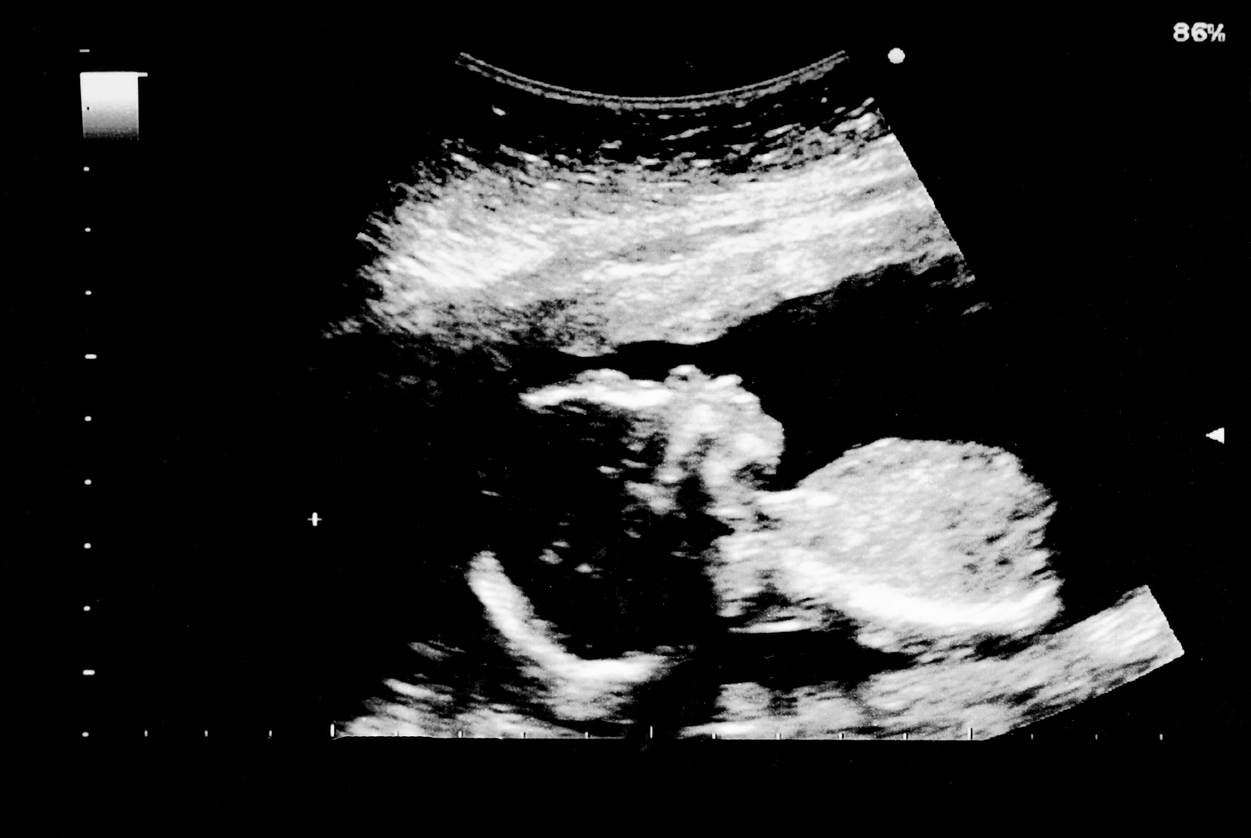
Babies’ lives could be saved if women who have suffered a miscarriage are given a hormone in their next pregnancy, researchers say.
A study found that women with a history of miscarriage who have early bleeding in their next pregnancy could benefit from progesterone.
The research involved 4,153 pregnant women who presented with early pregnancy bleeding at 48 UK hospitals.
They were randomly assigned by computer into one of two groups – one group of 2,079 women who were given 400mg of progesterone twice daily as a vaginal pessary, while the other group of 2,074 were given a placebo.
While the study did not show that progesterone could help all women who suffered early pregnancy bleeding, it was found to help those who had suffered a previous miscarriage.
Of the 777 women given progesterone who had previously had one or two miscarriages, 591 (76%) went on to have a live birth, compared with 534 women out of 738 in the placebo group (72%).
The benefit was greater for the women who had suffered three or more miscarriages, with a 15% increase in the live birth rate in the progesterone group compared with the placebo group.
Of 137 women with three or more previous miscarriages, 98 (72%) went on to have a live birth, compared with 57% (85 out of 148) of women in the placebo group.
The research, led by the University of Birmingham, was published in the New England Journal of Medicine.
The PRISM trial was funded by the National Institute for Health Research (NIHR) and was the largest of its kind.
Arri Coomarasamy, professor of gynaecology at the University of Birmingham and director of Tommy’s National Centre for Miscarriage Research, said: “The role of progesterone in women with early pregnancy bleeding has been studied and debated for about 60 years, however what we have previously lacked is high-quality evidence.
“The largest study before the PRISM trial had less than 200 participants, whereas our study had more than 4,000 participants and was of very high quality, which means we can be confident in our findings.
“Our finding that women who are at risk of a miscarriage because of current pregnancy bleeding and a history of a previous miscarriage could benefit from progesterone treatment has huge implications for practice.
“This treatment could save thousands of babies who may have otherwise been lost to a miscarriage.
“We hope that this evidence will be considered by the National Institute for Health and Care Excellence (Nice) and that it will be used to update national guidelines for women at risk of miscarriage.”
Jane Brewin, chief executive of the Tommy’s baby charity, said: “The results from this study are important for parents who have experienced miscarriage – they now have a robust and effective treatment option which will save many lives and prevent much heartache.
“It gives us confidence to believe that further research will yield more treatments and ultimately make many more miscarriages preventable.”
Dr Adam Devall, senior clinical trial fellow at the University of Birmingham and manager of Tommy’s National Centre for Miscarriage Research, said: “Miscarriage is a common complication of pregnancy, affecting one in five women, and vaginal bleeding in early pregnancy is associated with a one in three risk of miscarriage.
“Several small studies have suggested that administering progesterone, a hormone essential for maintaining a pregnancy, may reduce the risk of miscarriage in women presenting with early pregnancy bleeding.”

Enjoy the convenience of having The Sunday Post delivered as a digital ePaper straight to your smartphone, tablet or computer.
Subscribe for only £5.49 a month and enjoy all the benefits of the printed paper as a digital replica.
Subscribe